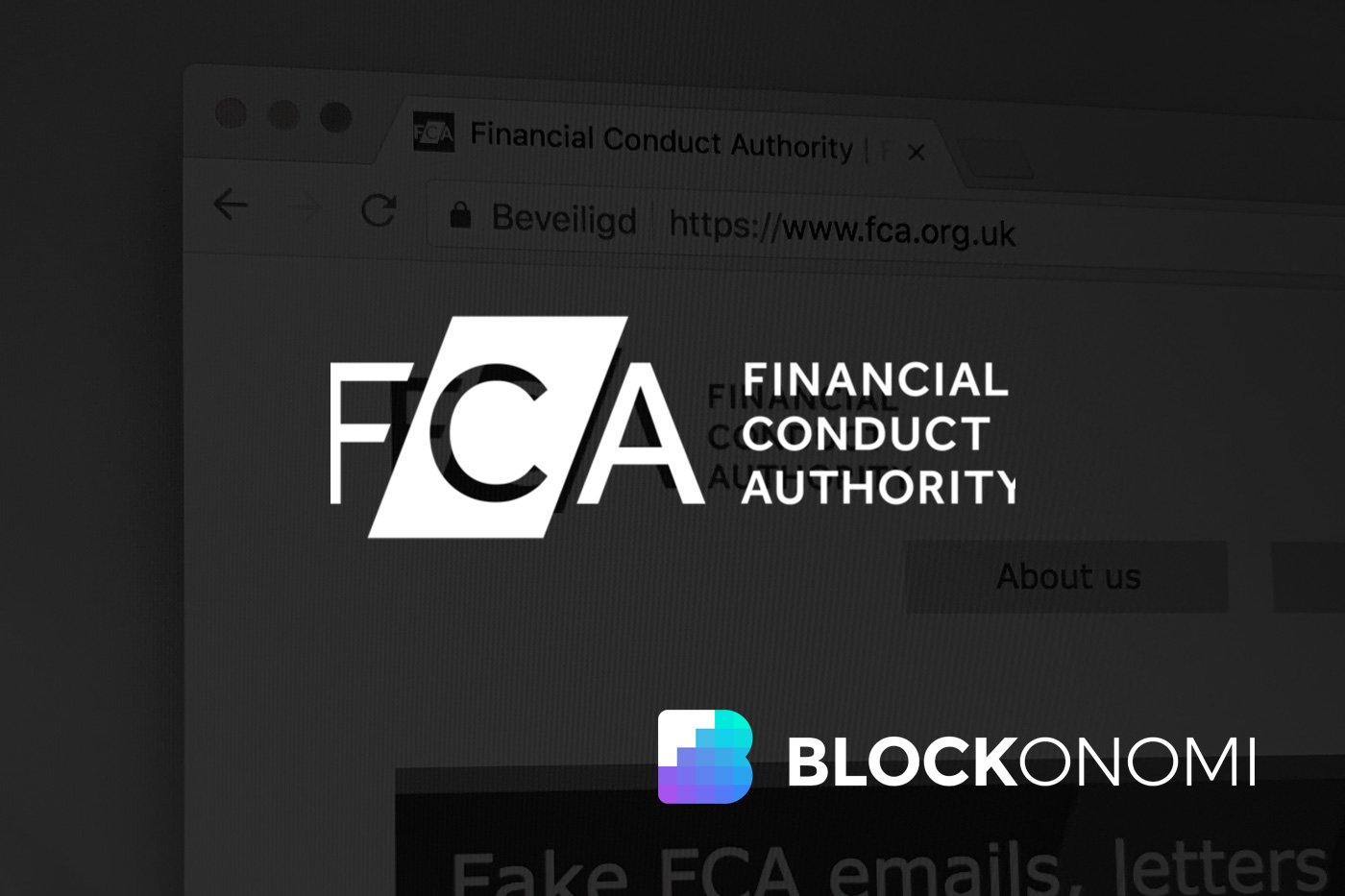TLDR:
- FCA maintains strict crypto regulations despite criticism, prioritizing consumer protection and market integrity
- Val Smith (FCA head of payments/digital assets) warns against lowering standards
- Out of 35 recent registration applications, only 4 were approved by UK regulators
- FCA launched a sandbox initiative with Bank of England on October 1, 2024
- Bitcoin remains the most popular cryptocurrency in the UK, followed by Ethereum
The UK’s Financial Conduct Authority (FCA) is standing firm on its stringent cryptocurrency regulations, despite mounting pressure from industry players who claim the strict standards may hamper innovation and Britain’s competitive edge in the global financial sector.
Val Smith, who heads the FCA’s payments and digital assets division in authorizations, recently defended the agency’s thorough approach to crypto asset registration. She emphasized that maintaining high regulatory standards is essential for protecting both consumers and the integrity of financial markets.
Regulatory Framework and Controls
Statistics reveal the impact of these strict measures. According to recent data, only four out of 35 registration applications submitted over the past year received approval from UK regulators. This low approval rate has sparked debate within the cryptocurrency community about the feasibility of operating under such strict oversight.
The FCA’s stance comes amid growing concern about illegal activities in the crypto sector. The regulator specifically highlighted risks related to terrorism financing, organized crime, and sanctions evasion as key factors behind their strict approach. Smith warned that allowing illicit money to flow freely could have devastating real-world consequences.
Industry Response and Support Measures
CryptoUK, a self-regulatory trade association representing the industry, has voiced concerns about the registration process. Members report significant challenges with the complexity and duration of applications. The association notes that the process demands substantial resources in terms of time, personnel, and finances.
To address some of these concerns, the FCA launched a joint initiative with the Bank of England on October 1, 2024. This regulatory sandbox allows companies to test new technologies, including digital ledger technology, in a controlled environment.
The program aims to help firms understand how these innovations can improve financial securities processes while maintaining security standards.
The FCA maintains that its registration process is thorough but fair. Each crypto firm undergoes individual assessment based on multiple criteria, including their systems, controls, operational environment, leadership, and target customer base. The regulator offers support through pre-application meetings and practical guidance to help companies meet the required standards.
Smith strongly rejected suggestions to relax the standards, comparing such a move to building “a house on sand.” She argued that lowering requirements would not only fail to protect consumers but could potentially destabilize the entire sector. Instead, the FCA advocates for collaboration between government, industry, and international partners to build a secure foundation for innovation.
Current market data shows that Bitcoin continues to dominate the UK crypto landscape, maintaining its position as the most widely used cryptocurrency, with Ethereum ranking second in popularity. This trend persists despite the regulatory challenges faced by crypto businesses.
The Money Laundering Regulations (MLRs) remain a central focus of the FCA’s oversight. These regulations require firms to implement robust controls to prevent financial crimes, representing a key hurdle in the registration process for many applicants.
Industry response has been mixed, with some firms expressing frustration over the lengthy approval times and resource-intensive requirements. However, others acknowledge the importance of strong regulatory frameworks in building long-term trust in the cryptocurrency sector.
The FCA emphasizes that its goal isn’t to discourage innovation but rather to ensure sustainable growth in the crypto sector. Smith noted that the agency continues to support firms that meet necessary standards while actively preventing those that could pose risks to consumers or the financial system.
Support mechanisms are in place for companies navigating the registration process. The FCA provides extensive guidance, including pre-application consultations and practical examples to help firms understand regulatory requirements.
Recent developments suggest the regulatory landscape continues to evolve. The sandbox initiative with the Bank of England marks a step toward finding balance between innovation and regulation, allowing companies to test new technologies under supervised conditions.
The regulator maintains that its approach will help build a trusted, competitive crypto sector in the UK, even if the path to registration proves challenging for many firms.






































